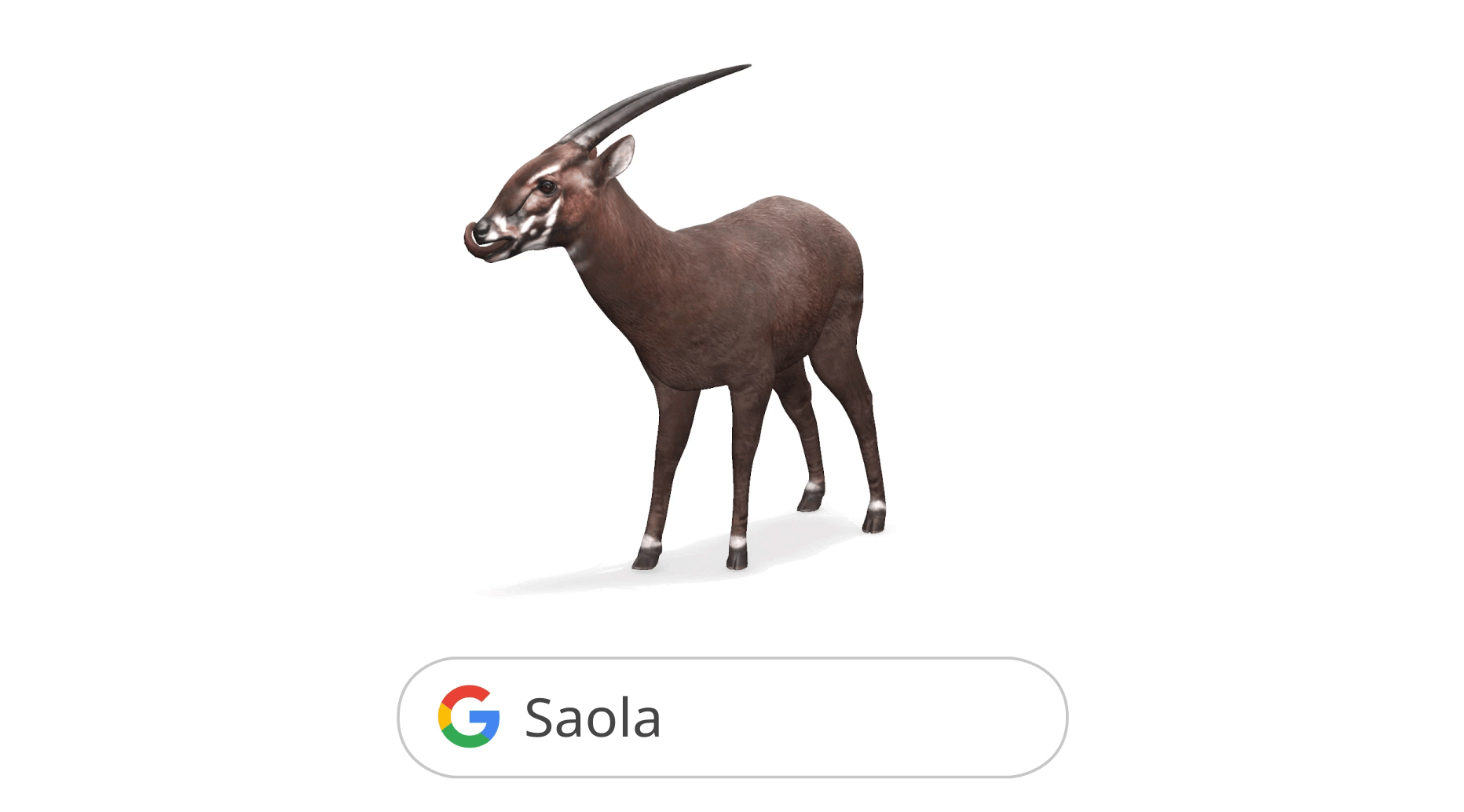The WWF is run at a local level by the following offices...
- WWF Global
- Adria
- Argentina
- Armenia
- AsiaPacific
- Australia
- Austria
- Azerbaijan
- Belgium
- Bhutan
- Bolivia
- Borneo
- Brazil
- Bulgaria
- Cambodia
- Cameroon
- Canada
- Caucasus
- Central African Republic
- Central America
- Chile
- China
- Colombia
- Croatia
- Democratic Republic of the Congo
- Denmark
- Ecuador
- European Policy Office
- Finland
The Saola, also known as the “Asian unicorn”, is one of the most distinctive and endangered large mammals in the world. No biologist has ever seen it in the wild and the only images of the species in the wild are from camera trap devices set up by conservationists in the forests of Lao PDR and Viet Nam. Since the species is so elusive and rare, few people are aware of the urgency of its conservation and how crucial it is to devote resources and conservation action before the species goes extinct and Viet Nam and Lao PDR lose one of their symbols of unique biodiversity.
Other name: Vu Quang Ox
Weight: 80-100kg
Another significant threat is deforestation for agriculture, timber extraction and infrastructure projects such as roads, mines and hydro-electric plants. Other threats include the effects of small population size, as numbers are so low and fragmented that the species now faces issues with genetic inbreeding, difficulty of isolated males and females to find each other for mating, and insufficient conservation attention and resources.
“The Saola symbolises everything that’s at stake for us. If we can save it, we can save our forests, wildlife and the ecosystem services such as freshwater that the people living here depend upon. So for us, this is not just a fight to save one endangered species. It is a fight to save what it represents.
What is WWF doing?
WWF has been involved with the protection of the Saola since its discovery. WWF's work to support the Saola focuses on strengthening and establishing protected areas, research, community-based forest management, capacity building, international collaboration, and law enforcement.
WWF has been involved in creating a plan for the management of protected areas and continues to work throughout the Saola distribution range in Viet Nam. We helped to improve the management of Vu Quang Nature Reserve, where the Saola was discovered, and we supported the establishment of two new adjacent Saola reserves in the Thua Thien Hue and Quang Nam provinces. We lead Saola surveys, do research and play a very active role as national coordinators for the Saola Working Group, an international working group established by IUCN to save the Saola from extinction, working with local partners in both Viet Nam and Lao PDR.
WWF-Viet Nam, together with ReWild, Wroclaw Zoo, Asian Turtle Programme and Bach Ma National Park are leading the development and establishment of a Saola conservation breeding programme, with the centre located in Bach Ma National Park, Viet Nam. The centre will also serve as the first ex-situ breeding site for endemic and endangered Annamitic species of other ungulates (Large-antlered muntjac), Annamite striped rabbit, pheasants (Crested argus and Vietnamese pheasant), and turtles (Bourret’s box turtles and big-headed turtle) with the ambitious vision of supplying rewilding efforts across the Annamites range.

IN THE NEWS
The campaign “Preserve the Saola’s footprints” has been back in October to draw the attention of the public to biodiversity loss and what we can do to bend the curve.
The campaign is run ahead of the UN Biodiversity Conference (COP15) - the global event that world leaders will give bold commitments and concrete actions to address the unprecedented loss of nature.
This collaboration between WWF-Viet Nam and Google has received remarkable public attention in July and now is back with more interactive activities. Stay tuned on WWF-Viet Nam’s Facebook fanpage to join the campaign!

Knowledge Sharing
Share with your friends about Saola and how we can protect their habitat. Speak up for the nature and biodiversity of Viet Nam!

Collaboration
Become a corporate partner of WWF and local people to support conservation work.

Go Green!
Adopt an environment-friendly lifestyle, for example, plant more trees, avoid food wasting, say no to bushmeat and wildlife products, etc.







